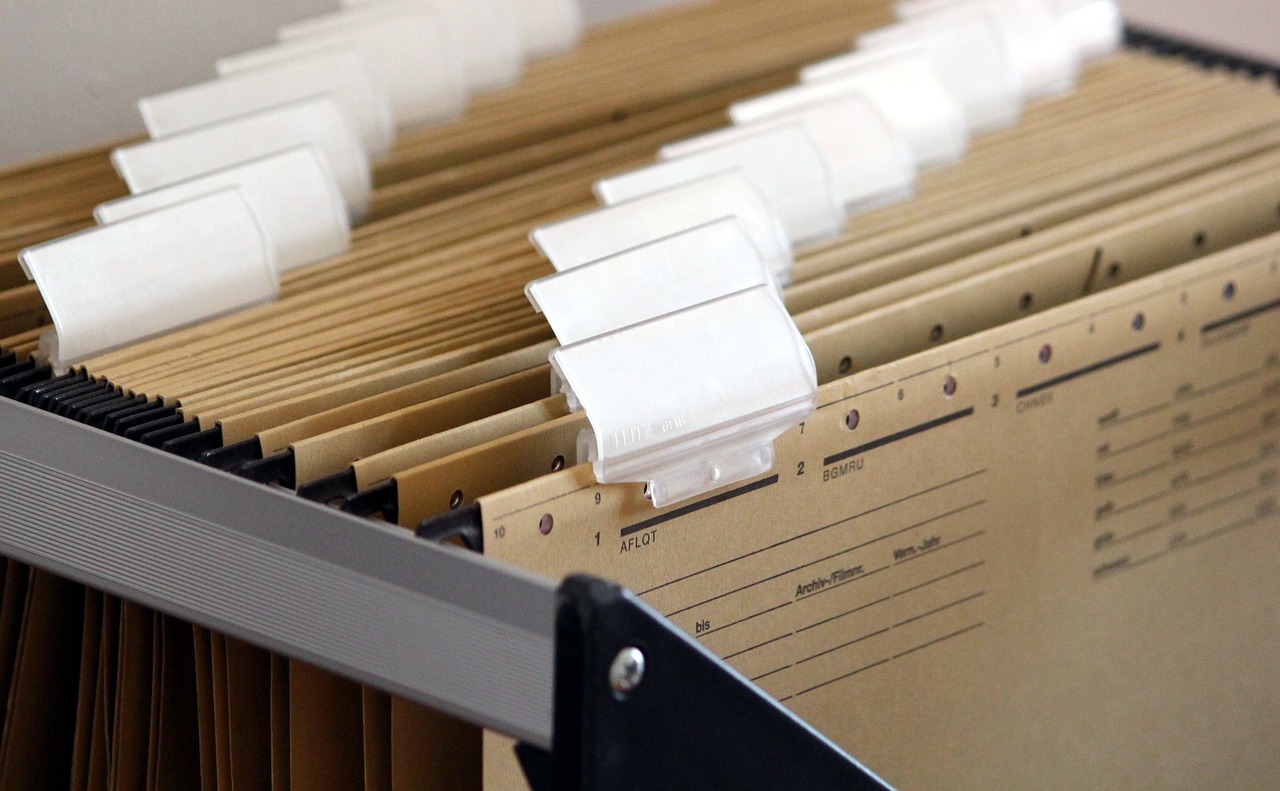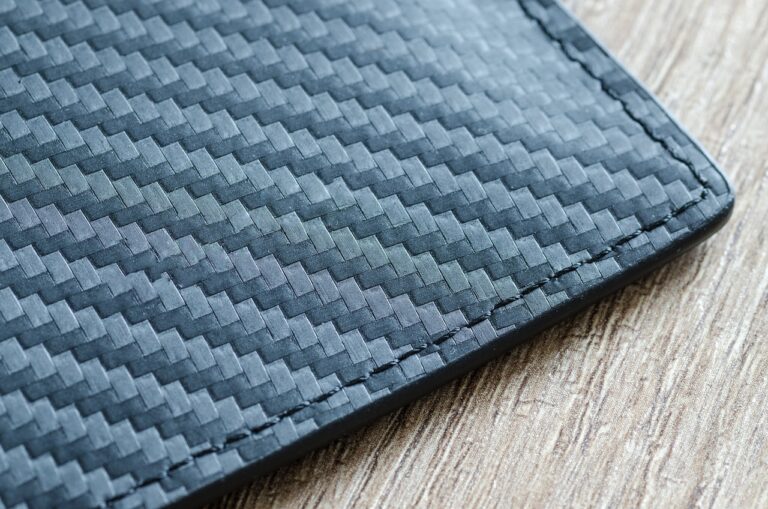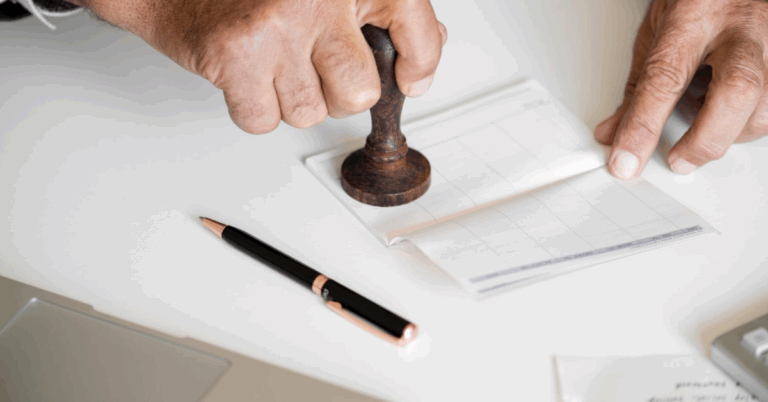Exploring the Potential of Energy-Efficient HVAC Systems in Reducing Electrical Equipment Load
all pannel.com, cricket bet99, lotus365 vip login: Exploring the Potential of Energy-Efficient HVAC Systems in Reducing Electrical Equipment Load
Are you looking to reduce your energy consumption and lower your electricity bills? One way to achieve this is by investing in energy-efficient HVAC systems. Heating, ventilation, and air conditioning (HVAC) systems are essential for maintaining a comfortable indoor environment in homes, offices, and other buildings. However, traditional HVAC systems can be major energy users, contributing to high electricity bills and increasing the load on electrical equipment. By switching to energy-efficient HVAC systems, you can not only reduce your energy consumption but also alleviate the strain on your electrical equipment. In this article, we will explore the potential of energy-efficient HVAC systems in achieving these benefits.
The Impact of HVAC Systems on Electrical Equipment Load
HVAC systems play a crucial role in regulating indoor temperatures and ensuring proper ventilation. In doing so, they draw a significant amount of electricity, especially during peak times when the demand for cooling or heating is high. This high energy consumption can lead to increased electrical equipment load, putting a strain on transformers, circuit breakers, and other components of the electrical system. Over time, this can lead to equipment failures, increased maintenance costs, and reduced overall system reliability.
By upgrading to energy-efficient HVAC systems, you can reduce the energy consumption of your heating and cooling systems. Energy-efficient HVAC systems are designed to operate more efficiently, using less energy to achieve the same level of comfort. This not only lowers your electricity bills but also reduces the strain on your electrical equipment, prolonging its lifespan and reducing the risk of failures.
Benefits of Energy-Efficient HVAC Systems
There are several benefits to investing in energy-efficient HVAC systems. Here are some of the key advantages:
1. Lower Energy Bills: Energy-efficient HVAC systems consume less energy, resulting in lower electricity bills for homeowners and businesses.
2. Reduced Electrical Equipment Load: By lowering energy consumption, energy-efficient HVAC systems help reduce the load on electrical equipment, reducing the risk of failures and improving system reliability.
3. Increased Comfort: Energy-efficient HVAC systems are designed to provide optimal comfort levels while using less energy, ensuring a comfortable indoor environment.
4. Environmental Benefits: Energy-efficient HVAC systems reduce greenhouse gas emissions and help mitigate climate change by lowering energy consumption.
5. Government Incentives: Many governments offer incentives and rebates for installing energy-efficient HVAC systems, making it a cost-effective investment.
6. Improved Property Value: Energy-efficient HVAC systems can increase the value of your property and make it more attractive to potential buyers.
Types of Energy-Efficient HVAC Systems
There are several types of energy-efficient HVAC systems available on the market. Here are some of the most common ones:
1. High-efficiency Heat Pumps: Heat pumps are a great option for both heating and cooling, offering energy savings compared to traditional HVAC systems.
2. Variable Refrigerant Flow (VRF) Systems: VRF systems use advanced technology to control the flow of refrigerant, providing precise temperature control and energy efficiency.
3. Energy Recovery Ventilation (ERV) Systems: ERV systems recover heat and moisture from outgoing air, reducing the workload on heating and cooling systems.
4. Geothermal Heat Pumps: Geothermal heat pumps use the natural heat of the earth to heat and cool buildings, offering significant energy savings.
5. Ductless Mini-Split Systems: Ductless mini-split systems are a versatile option for heating and cooling individual rooms or zones, offering energy savings and flexibility.
6. Smart Thermostats: Smart thermostats allow you to program your heating and cooling systems for optimal efficiency, saving energy and reducing costs.
FAQs
Q: How much can I save by switching to energy-efficient HVAC systems?
A: The amount you can save depends on various factors, including the size of your home or building, your current energy consumption, and the type of energy-efficient HVAC system you choose. On average, homeowners can save up to 20% on their energy bills by switching to energy-efficient HVAC systems.
Q: Are energy-efficient HVAC systems expensive to install?
A: While energy-efficient HVAC systems may have a higher upfront cost compared to traditional systems, the long-term savings on energy bills often outweigh the initial investment. Additionally, many governments offer incentives and rebates for installing energy-efficient HVAC systems, making them a cost-effective option.
Q: How can I determine the right energy-efficient HVAC system for my needs?
A: It is essential to consult with a HVAC professional to assess your specific needs and recommend the best energy-efficient HVAC system for your home or building. Factors to consider include the size of your space, your heating and cooling requirements, and your budget.
Q: Do energy-efficient HVAC systems require more maintenance?
A: Energy-efficient HVAC systems are designed to operate more efficiently, reducing the wear and tear on components and requiring less maintenance compared to traditional systems. However, regular maintenance is still essential to ensure optimal performance and longevity.
Q: Can I install energy-efficient HVAC systems myself, or do I need a professional?
A: Installing energy-efficient HVAC systems can be complex and requires specialized knowledge and skills. It is recommended to hire a professional HVAC technician to ensure the system is installed correctly and performs efficiently.
In conclusion, investing in energy-efficient HVAC systems can have a significant impact on reducing your energy consumption, lowering your electricity bills, and alleviating the load on your electrical equipment. By choosing the right energy-efficient HVAC system for your needs and working with a professional HVAC technician, you can enjoy the benefits of improved comfort, environmental sustainability, and long-term cost savings. Make the switch to energy-efficient HVAC systems today and start reaping the rewards!







